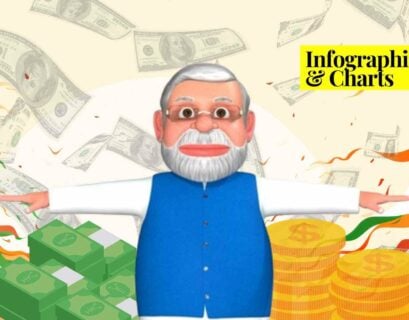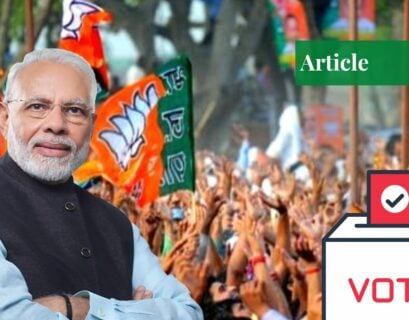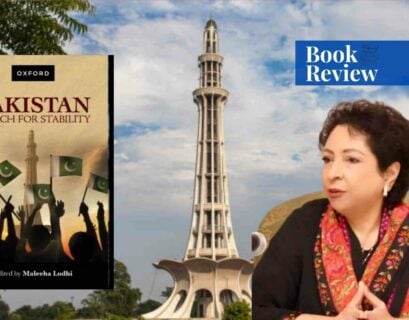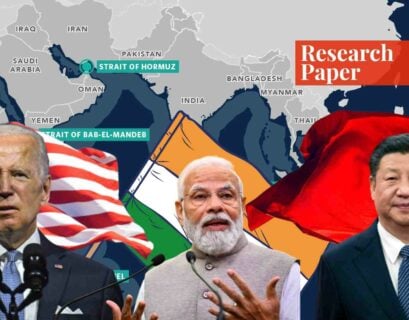Introduction
Altercations, wars, and conflicts exist among states in the international system regardless of the continuous efforts of humans to find serenity. India and Pakistan have had a constant rivalry between them since independence. Both states indulged in three major wars and a number of conflicts. In the contemporary era, the Rashtriya Swayamsevak Sangh (RSS) of India is driven by the predominant Hindutva ideology that has its roots embedded in the strategies and military policy of Chanakya Kautilya.
Chanakya Kautilya or Vishnu Gupta was a famous Indian strategist who served as the prime minister of King Chandragupta Maurya, the founder of the Mauryan Empire. He was famous for discussing war and foreign policies side by side. Indian foreign policy is strongly influenced by Kautilya’s strategies. His popular book Arthashastra was on war and diplomacy and strategies about how and when to wage a war.
The Arthashastra
In Arthashastra, he highlighted his six-fold policy which included war, peace, neutrality, marching, alliance, and double policy. According to him, a king or a ruler can rule the world and become successful by following his policies and strategies. His strategies and policies have been opted for by India since the partition of the subcontinent.
Chanakya Kautilya emphasized the notion that when a ruler or a king is superior compared to his enemy, he must attack and wage a war against his adversaries. In light of Pakistan and India as examples, they have a conventional asymmetry between them; India enjoys the upper hand and has more often than not initiated an act of aggression against Pakistan.
Kautilya also mentioned open war, secret war, and undeclared war in his book, and the evidence of these wars can be clearly seen in the Modi regime. A secret war is an art to entangle the enemy at two fronts like India’s cross-border strikes and aggressive acts like the Cold Start Doctrine. India is also using the soil of Afghanistan against Pakistan by making Afghanistan more dependent on its economy.
Undeclared war, as given by Kautilya, has been used as a weapon against Pakistan by using secret agents and religion etcetera to create chaos within the state. Under this, India is destabilizing Pakistan through different insurgencies in tribal areas, especially in Balochistan. Kulbhushan Jadhav who belonged to the Indian Research and Analysis Wing (RAW) is the best example of Indian undeclared warfare.
Jadhav was an Indian spy under the fake identity of Hussein Mubarak operating from the soil of Iran. He revealed that India was responsible for various attacks in Pakistan including the attacks on the Chinese Consulate in Karachi, Bozi Top Baluchistan, PC Gwadar, and the Quaid residence.
Moving to neutrality, another important policy in the Arthashastra. According to it, states stay neutral when they know that their desired objective or outcome cannot be acquired. A recent example is the Gulwan valley crisis between India and China. The conflict did not escalate because both states knew that desired objective was impossible to achieve.
Under the strategy of marching, he emphasized increasing military power and readiness for combat. This can be observed in India’s foreign policy of India with the defense budget of India being about $76.6 billion.
Lastly, the double policy of Kautilya says that a state or a ruler must wage a war with one state while making peace with the other. India is following that by making peace with Afghanistan, Israel, the US, Russia, and many others while waging wars against China and Pakistan.
If you want to submit your articles and/or research papers, please check the Submissions page.
The views and opinions expressed in this article/paper are the author’s own and do not necessarily reflect the editorial position of Paradigm Shift.



















